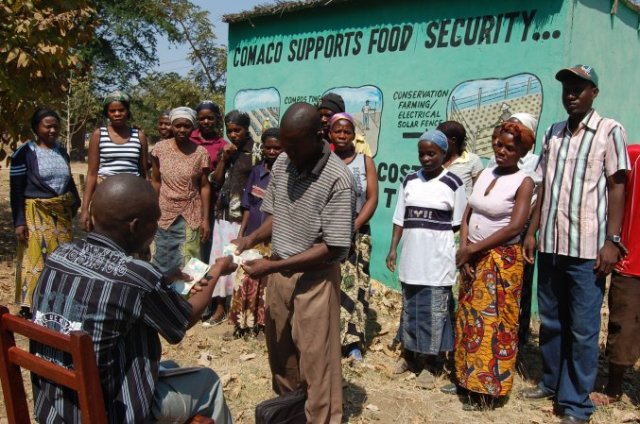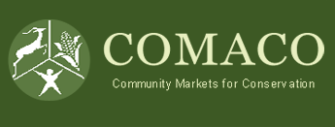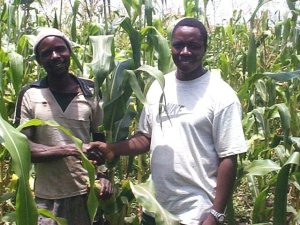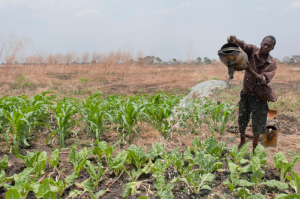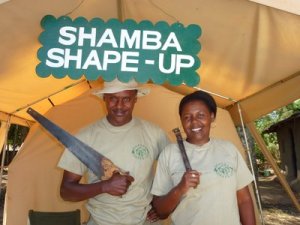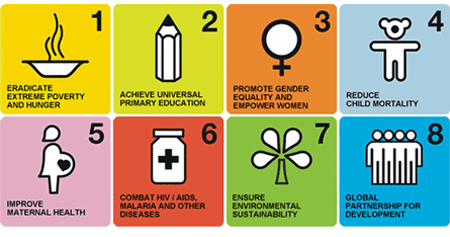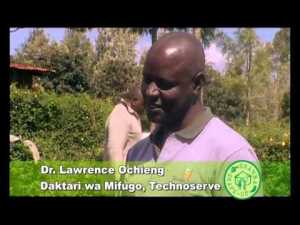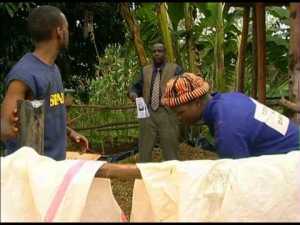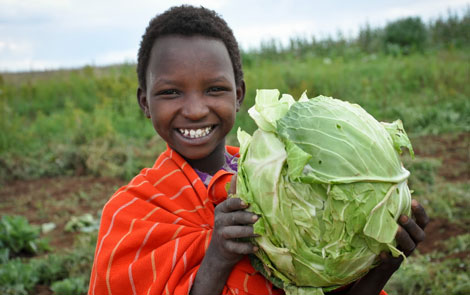#ThatYouMayTell
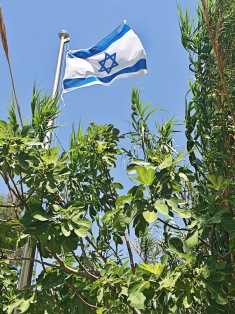
No words can describe how much understanding I have gained from visiting Israel – a historically holy land and a modern day miracle.
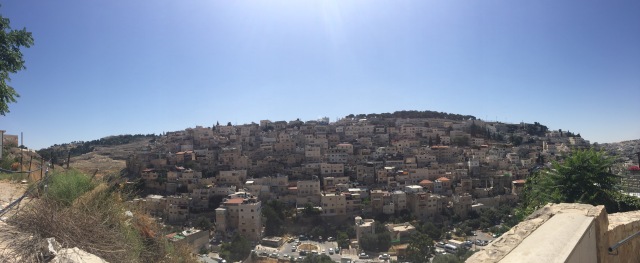
Jerusalem
The Holy Land as a Historical Place
There is nothing like going to the place that you have only read about and only seen in your imagination. The land of Israel awakened my faith in a way that no revival bus or conference high could ever re-create and I do not take for granted the privilege of visiting the Land that many only dream about seeing. I thank God for the opportunity to go; I asked him when I was 12 years old for a chance to go to Israel, and 9 years later He answered my prayer! Today as I open my Bible, the words are fresh and are coming alive on the pages. I cannot wait to re-read every scripture at my hands.
Israel as a Modern Day Miracle
Experiencing the modern state of Israel and hearing from Jewish and Palestinian-Muslim speakers alike opened my eyes to so much about Israel in the context of the Middle East. What stands today was considered impossible yesterday. No other nation of people (the Jewish people) has ever survived once they were scattered from their homeland, yet Israel has survived and in many ways thrived through 2000 years of exile. Today it is successfully and somewhat unexplainably protecting and stewarding its homeland while surrounded by many enemies who want to see the destruction of the Jewish people. Israel as a nation has experienced trauma after trauma. I would have expected to see a wounded, limping people and nation, struggling to move forward today. Yet, these past 11 days, I witnessed quite the opposite. I saw RESILIENCY. Families living in locations continually hit by rockets from the terrorist organization Hammas choose to stay in their communities as a symbol of hope for peace in the near future. I saw INNOVATION and CREATIVITY. Despite its small population and many obstacles, the nation of Israel can take credit for a ridiculous amount of the world’s top inventions such as the modern drip irrigation system and the USB flash drive. Today the state contains masses of start-up companies and thriving crops in soils that shouldn’t be able to grow anything.
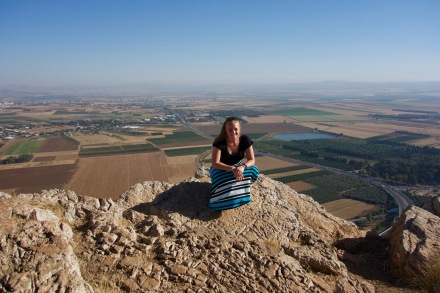
View of fruitful agriculture from the top of Mt. Precipice
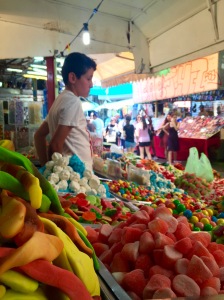
The bustling market in Tel Aviv
But besides these miraculous fruits coming from this Jewish nation, what struck me the most was the undeniable sense of PEACE and HOPE that filled the land, the people, and soaked into my soul while I was in Israel. I thought I would see a traumatized people filled with fear and I thought I would feel afraid in the land. Instead I saw a people who are unafraid, secure, and at peace with themselves. They have seen so many miracles already that all the cay do is trust that miracles and favor will continue to pour out on them.
Israel is unfortunately used to being misrepresented and blamed in the media around the world. Yet they are the only democratic nation in the Middle East and they work hard to bring equality and freedom to all people in Israel. While they are not perfect, they run the government and defense forces on moral principles, valuing all lives and making every effort to protect people in danger – Jewish or Muslim, Israeli or Palestinian, Citizen, Resident, or Foreigner. The IDF often puts their own soldiers in danger to protect Arab civilians in the Gaza strip and in Syria. I am no expert on politics let alone Israeli politics, but what I saw on the ground in Israel did not match up to the negative things I have heard through the media about Israel and the way they treat those around them.
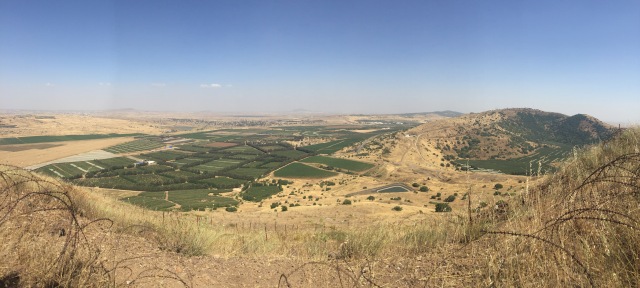
View of the Syrian border from Mt. Bental. Sound and smoke from bombs in the distance.
Blessed to Be a Blessing
Every human is highly and equally valued by God, yet God has shown favor on Israel. These things actually do not contradict one another. I do not believe that God is allowing Israel to be re-established and thrive so that it can take over the world or even the Middle East, but so that it can be a light to the Middle East and to the world. At the establishment of the people of Israel between God and Abram, God promised in Genesis 12:2 that “I will make you into a great nation, and I will bless you; I will make your name great, and you will be a blessing to others.” In a land where war is rampant, democracy is scarce, and lives are being destroyed to preserve power and dominance, Israel is a light. Perhaps God has sent the Jewish people back to their homeland not just to be preserved or to be comfortable, but to preserve, comfort, and value the lives around them. In this context, being Pro-Israel today could also be a way of being Pro-Life…Pro-Palestinian life. (As a side note, being anti-Israel does not necessarily make one Pro-Palestinian). God’s favor over Israel does not just infer blessing, but also a high calling and hardship along the way. (I do not think anyone would argue that the Jewish people have experienced extreme hardship throughout history). The Jewish people are being sent home for a purpose that is bigger than themselves. I believe they are being sent to be a light, and to be love to all nations. Isaiah 49:6 reads “He says: ‘It is too light a thing that you should be my servant to raise up the tribes of Jacob and to bring back the preserved of Israel; I will make you as a light for the nations, that my salvation may reach to the end of the earth.’” Peace and Wholeness from Israel to you – Shalom.
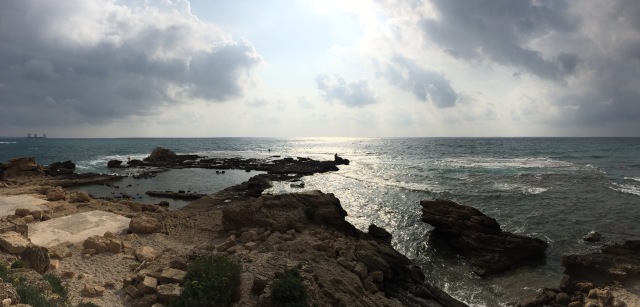
Coast of the Mediterranean Sea at Ceasaria

